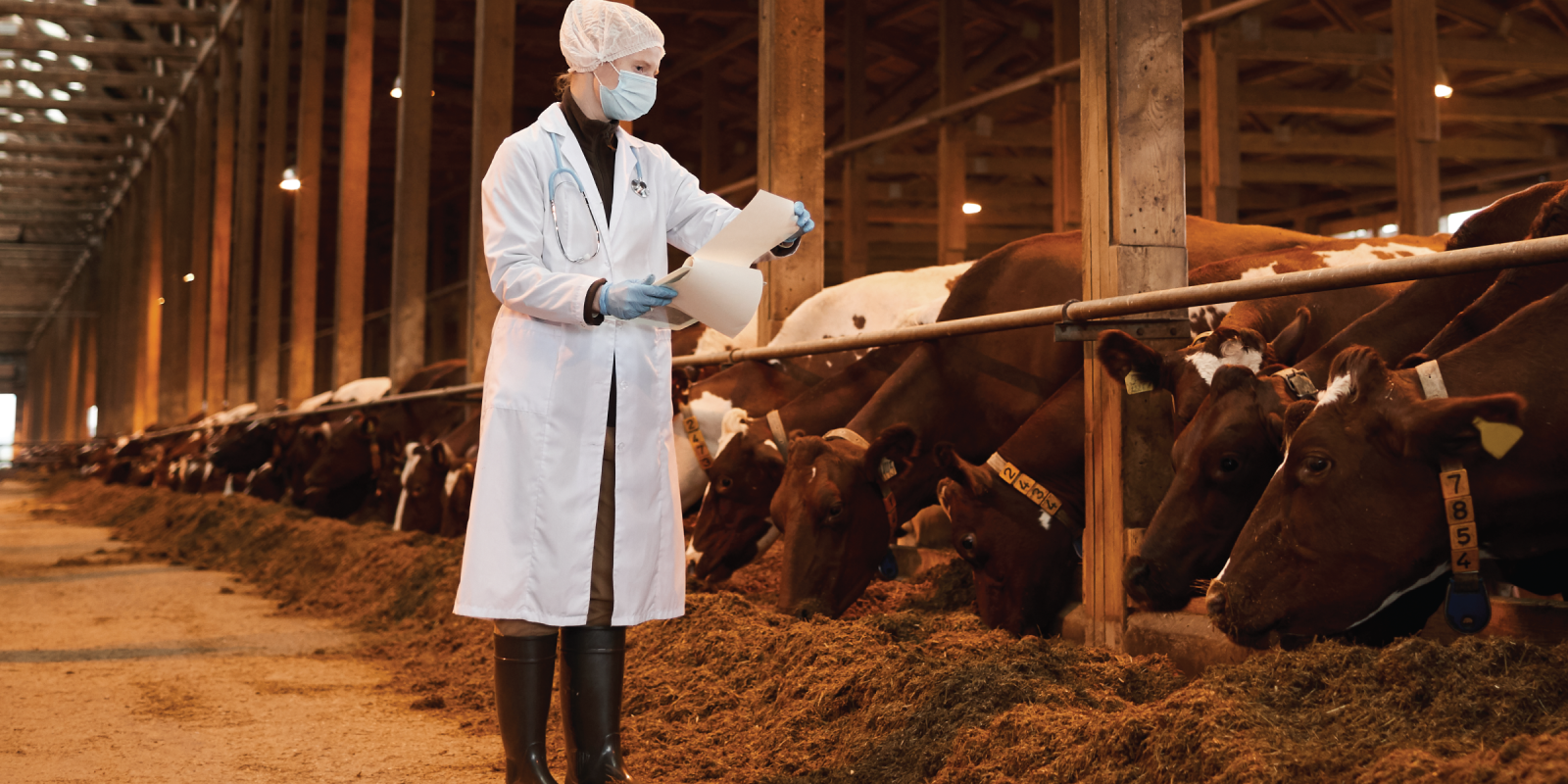
Zoonotic diseases, or zoonoses, are infectious diseases that spread from animals to humans through food, water or the environment. There are over 200 zoonoses currently known to man, and a few of them include rabies, dengue, swine flu, and, most recently, COVID-19. While some are transmitted to humans through viruses, they can also spread due to bacteria, fungus and parasites.
How to safeguard yourself from zoonotic diseases
While zoonotic diseases can technically spread from any animal, even pets, it is most likely to first spread to people working with animals on a large scale – such as animal care or livestock. Here are the key areas that need to be kept in mind to stop the spread of zoonotic diseases:
Personal hygiene:
When working with animals, it is important to observe proper personal hygiene. Always wear masks, gloves and even protective clothing, especially if you suspect they (or you) might be sick. To prevent cross-contamination, wash your hand thoroughly before and after handling animals, and make sure to disinfect and wash your clothes separately.
If you are sick and need to go to the doctor, it is important to disclose of any animal-related activities you might have undertaken so that they can make an informed decision on your illness based on all the data.
The environment the animals live in:
Animal facilities and sheds need to be maintained to the highest standard. This means that they must be kept clean and well organised, and any faecal or urine build-up must be immediately prevented. Apart from keeping the animals themselves clean, their feed and bedding must also be checked as they might attract vermin or insects, who could carry zoonotic diseases of their own.
Maintaining the herd:
Since animals are always in close contact with each other, it is important to monitor them closely for any signs of illness. Keep your herd up-to-date on its vaccination and if you spot an animal that is sick (or even suspect is sick), isolate it from the herd. After isolation, it is important to take extra care to clean the area around them to prevent further infection. The infected animal should immediately be taken to the local veterinarian, and in case it dies, it must be disposed of properly.
People who do not work with animals also need to be careful of zoonotic diseases. Consuming unpasteurised milk, uncooked meat and eggs, and not sourcing animal products right (which means the meat could have come from a sick animal) could also pass on a zoonotic disease to you.
A growing global population has meant a growing demand for meat as well as the rapid expansion of cities. Both of these contributed to the increasing cases of zoonotic diseases, especially in the latter half of the 20th Century. Learn more about them here.
The prevention and management of zoonotic diseases are of paramount importance. As seen over the last couple of years, fast-spreading viruses such as COVID-19 could render even the most robust public health programs ineffective. The only recourse is to ramp up the standards of hygiene and safety so that we don’t land up with another pandemic on our hands.

